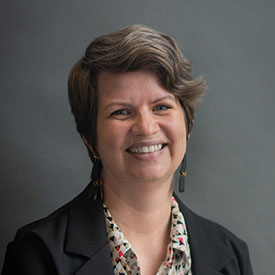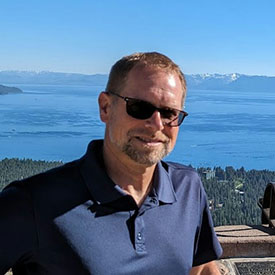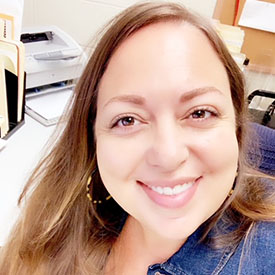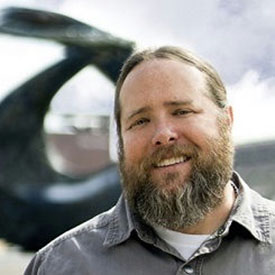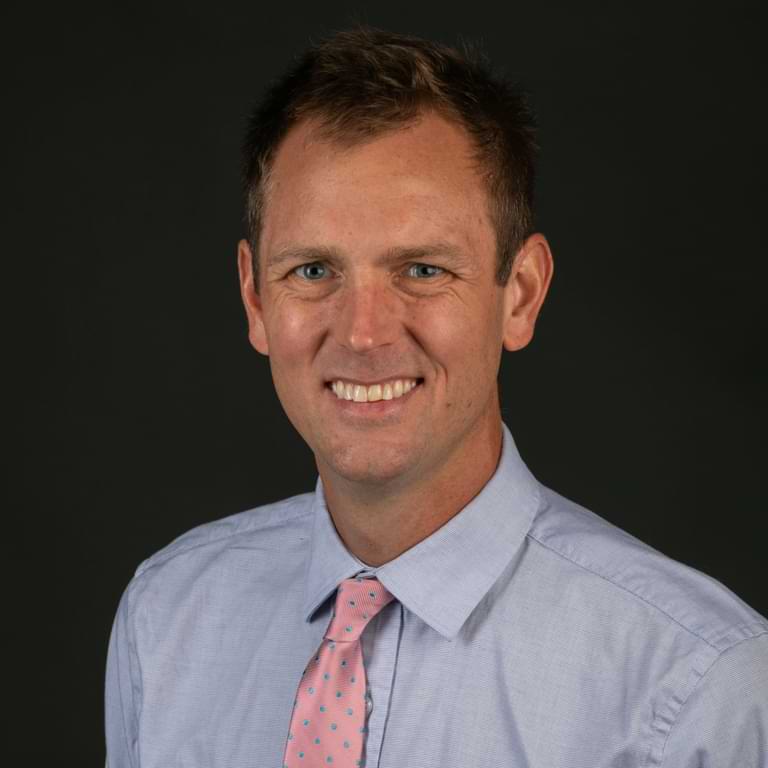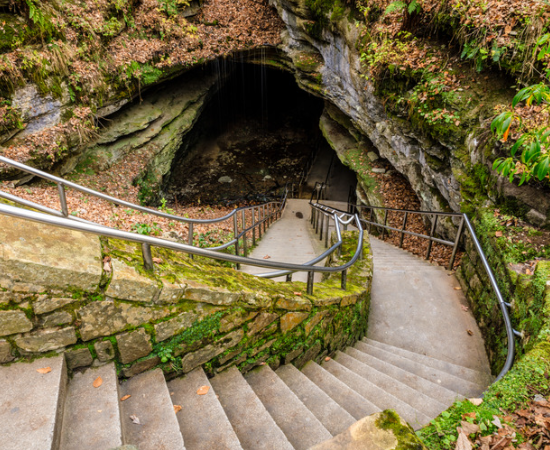Stewardship of Public Lands
This program, held in Glacier National Park, provides interdisciplinary experiential learning and professional development for faculty, staff, and administrators by exploring issues connected to public lands. It leads to strategic intentionality in prioritizing environmental sustainability and constructive discourse on campuses.
Contact us.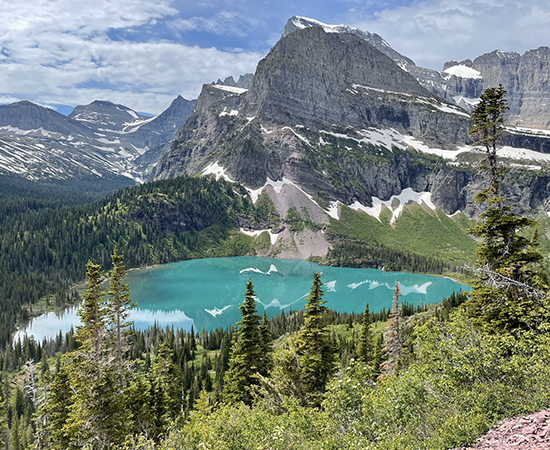
Explore issues of civic engagement and public lands.
AASCU’s American Democracy Project has offered the Stewardship of Public Lands (SOPL) program since 2004, allowing over 190 participants to integrate civic action, sustainability, and experiential learning into more than 80 AASCU institutions. We are thrilled to accept applications to join the SOPL 2025 cohort that will visit Glacier National Park from June 23-27, 2025.
Who should participate?
- Administrators, faculty, and staff striving to promote environmental sustainability and constructive discourse on the management of public resources.
How you’ll benefit.
- Develop strategies for integrating sustainability into campus and community
- Plan for experiential student trips to national parks
- Explore regional collaborations with cohort members
- Share resources and teaching strategies surrounding controversies within and about public lands
- Incorporate the United Nations’ Sustainable Development Goals into a broad campus strategy
The Glacier National Park 2025 Program
How does a democracy manage competing but often equally legitimate positions over public resources?
How are the rights of all citizens represented in conflicts over public lands?
The answers to these questions are found by modeling how discourse can be filled with conflict and disagreement and, yet, still produce a way forward for all stakeholders. SOPL places participants in the heart of a community that is dealing with major issues and plans a curriculum devoted to hearing various perspectives, exploring civic engagement strategies, and reflecting how this information can be reconstituted within a participant’s own community to encourage students to think critically and compassionately about society.
Participants will engage for a full year with a cohort and develop a compendium of their discoveries including, but not limited to, ideas for incorporating discourse related to SOPL into curriculum, strategies for building a sustainable community, and approaches for encouraging students to be better stewards of place.
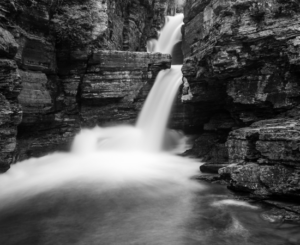
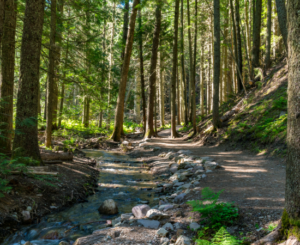
Participants will engage in interdisciplinary experiential learning during this professional development opportunity and will create a community of practitioners and collaborators. In addition to producing a compendium that can be used on all AASCU campuses, the cohort members will build their leadership capacity, develop strategic goals to prioritize environmental sustainability, enhance constructive discourse opportunities for students, and integrate civic engagement practices intentionally on their campus.
- February−May: The engagement begins virtually, building community and deepening knowledge of stewardship efforts and strategies.
- June 23-27: The group will meet in Glacier National Park for a five-day/four-night convening where we will study how rangers, indigenous tribes, scientists, and community members are engaging in productive and inclusive
- July−December: The cohort will put into practice the lessons they’ve learned and collaborate on a compendium of their discoveries.
- Dates: Monday, June 23, 2025 through Friday, June 27, 2025
- Cost: $1850 per person. This includes all lodging, meals, and transportation to and within the park.
- Lodging and meals: The Glacier Institute’s Field Camp is located inside Glacier National Park’s West Entrance. Field Camp consists of five rustic cabins with twin size beds that can house up to five guests each; there is a separate community bath house. All meals will be provided during the stay at Field Camp and dietary modifications will be honored.
- Transportation: Participants are responsible for their own transportation to/from the Glacier Park International Airport (Kalispell, MT) airport. The Glacier Institute will provide scheduled shuttle trips to and from the airport to their Field Camp during business hours. In-park transportation will be provided during the seminar. If you choose to drive to Glacier, we will arrange parking by the Glacier Field Camp.
Participants are required to join the in-person trip from June 23 – 27. Upon receipt and review of applications, participants will receive a link to process payment. Once payment is received, the application process is complete and signifies membership into the 25-member cohort.
Apply today.AASCU will fully refund your payment if you provide Cathy Copeland a written refund request by January 15, 2025. After that date, refunds will not be issued.
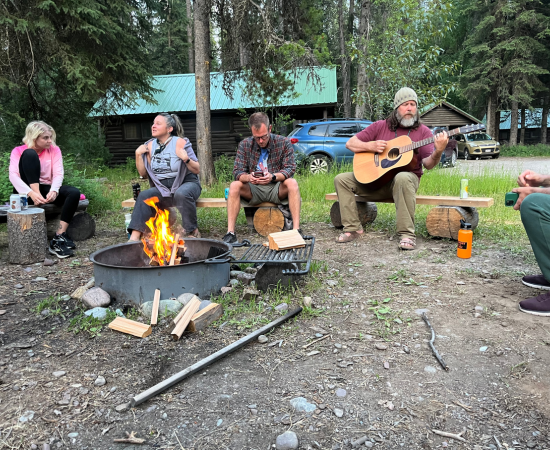
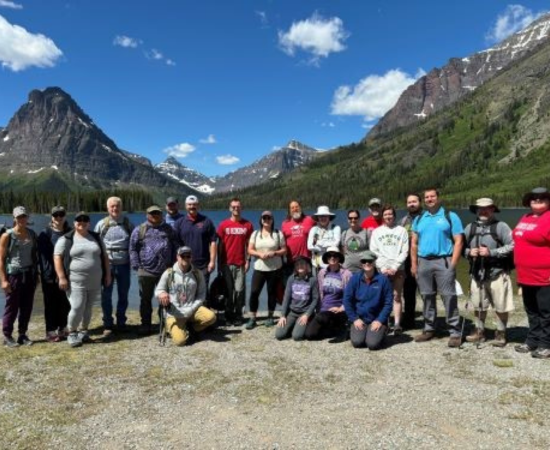
Impact
80+
institutions integrated information about public lands or public resources onto their campuses.
190+
participants developed resources to share their work with students.
20
years of participants creating their own unique programs to explore national parks with undergraduates.
2024 cohort
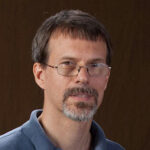
Scott W.
Bonham
Associate Professor
Western Kentucky University
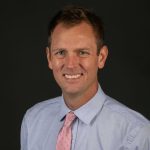
Paul
Cook
Professor of English
Indiana University Kokomo
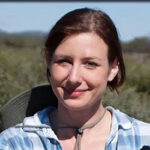
Tiffany
Deater
Assistant Professor of Environmental Film & Literature
State University of New York at Oswego
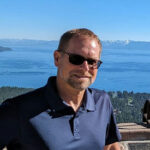
Kyle
Fredrick
Professor of Geology
Pennsylvania Western University
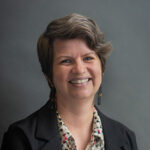
Lesley
Graybeal
Director of Service-Learning
University of Central Arkansas
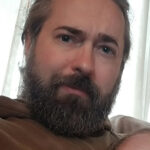
Jarrod
Hagadorn
Professor, Cinema and Screen Studies
State University of New York at Oswego
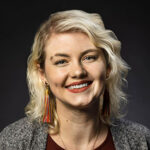
Hannah
Hanshaw
AmeriCorps Program Director
University of Central Arkansas
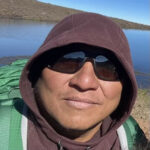
Ian
Kaleoʻokalani Pilago
Center for Maunakea Stewardship: Education and Outreach Coordinator
University of Hawai’i at Hilo
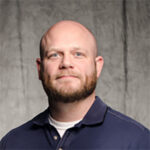
Steven
Koether
Assistant Professor – Biological Sciences; ADP Coordinator
Sam Houston State University (TX)
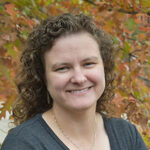
Katrina
Lacher
Chair and Professor; Director, Sustainability Studies
University of Central Oklahoma
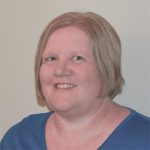
Julie
Lester
Professor, Political Science
Middle Georgia State University
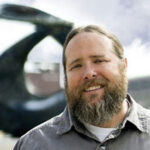
Matthew S.
Makley
Professor and Chair, Department of History
Metropolitan State University of Denver (CO)
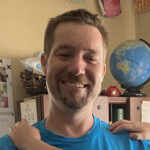
Cayle
Moreo
Sustainability Director
Indiana State University

Alana
Ortiz
DEI Specialist
University of Hawai’i at Hilo
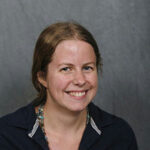
Sarah
Praskievicz
Associate Professor
University of North Carolina at Greensboro
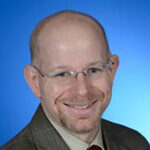
Nathan A.
Schaumleffel
Associate Professor & Program Coordinator, Public Lands & Recreation Administration Program & Nonprofit Leadership Program
Indiana State University
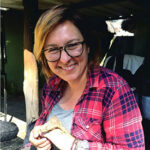
Nona
Shipman
Co-Director, One World One Water Center
Metropolitan State University of Denver (CO)
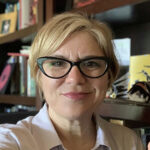
Jennifer
Stotter
Director, Office of Equal Opportunity
University of Hawai’i at Hilo

Scott
Turner
Professor of Political Science
University of Montevallo (AL)
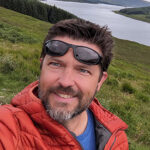
Jeffrey
Wozniak
Associate Professor
Sam Houston State University (TX)
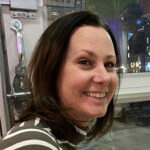
Kim
Yates
Associate Professor and Director of the Center for Environmental Education
Northern Kentucky University
Katherine
Young
Professor and Chair, Department of Administration of Justice
University of Hawai’i at Hilo
Program resources
The 2024 SOPL compendium highlights how this cohort’s work is being implemented on AASCU’s ADP campuses through course plans, syllabi, engagement plans, research, and reflections.
See how the 2024 cohort's work is being implemented.Released in 2010, this monograph details the work of the AASCU institutions as they explore the various issues surrounding the controversies over public lands.
Read the full report.A faculty member’s story of how she implemented lessons learned from the initiative.
Read more.Member Spotlight
Questions about the Stewardship of Public Lands? Let us know.
"*" indicates required fields
